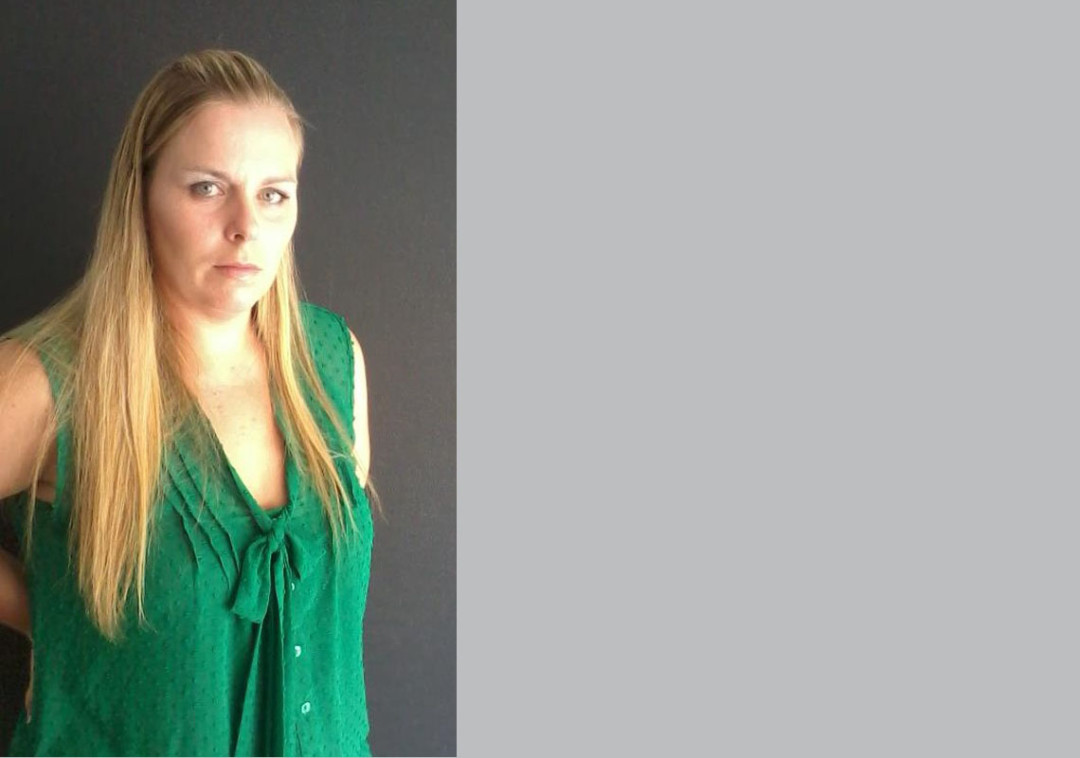Q&A: Toni-Marie Matich

Toni-Marie Matich is co-founder of the New Zealand branch of United in Compassion (UIC), set up to advocate for the introduction of medicinal cannabis and as a community for patients and carers. The mother of five began investigating the potential of medicinal cannabis after all other treatments for her teenage daughter, who has a rare form of epilepsy, did not alleviate severe, unrelenting seizures.
Q: Why is it so important to improve access to medicinal cannabis in New Zealand?
A: Access to medicines that could improve diseases and illnesses where nothing else is working, and in particular increase quality of life, is a human right. Around the globe, we already see various medicinal regimes. It’s currently used in 21 countries and 20 states of the USA. We know it is effective to varying degrees in treating diseases/illnesses and reducing symptoms. This is particularly important for people with diseases and illnesses where all reasonable medical options and treatments have failed, with patients continuing to suffer. This often includes putting up with the intolerable side effects of those failed treatments.
Facilitating New Zealand-based cultivation and research into the therapeutic benefits of medicinal cannabis is something we’d like to see. Creating an opportunity to reduce the stigma associated with cannabis for medicinal use will allow mature discussion and policy frameworks to progress. Somehow, we’ve got to separate recreational use from medicinal.
Q: Based on your knowledge and research, what are the most proven/promising areas for prescribing medicinal cannabis?
A: The list is quite long! The most common would include HIV/Aids, glaucoma, cancer, chemotherapy, multiple sclerosis, epilepsy, chronic pain, autism, ADHD and Crohn’s disease.
However it is used, it’s important realistic cautions are understood. There are insufficient conclusions about safety and efficacy particularly when a patient is on other medications. Possible contraindications are largely unknown and constantly evolving. We also need to understand ratios and profiles of cannabinoids in relation to which illnesses/ diseases and symptoms they are best suited for. Medicinal cannabis isn’t a single strain (as compared to one particular pill) that works for any one condition. Research is vital in better understanding both the positives and negatives.
I always make it very clear there is no way of knowing whether an individual would or wouldn’t benefit from medicinal cannabis. People need to be very realistic – you see online and social media stories go viral without evidence to back them.
Q: What do you recommend as the most appropriate way for people to access medicinal cannabis?
A: I recommend the government allows for the introduction of a compassionate access scheme. Any individual who has exhausted all reasonable medical treatments or is considered ‘out of time’ should be granted access. With the only available medicine priced out of reach – GW Pharmaceuticals’ Sativex derivative – something needs to be done about the cost.
Another priority recommendation is permitting clinical trials so medicinal cannabis can be researched and studied in order to be introduced as a new medicine.
Both these recommendations would be via safe legal products that are manufactured to a pharmaceutical grade with strains/ratios consistent and matched as best possible to an individual’s needs.
Until this happens, we are likely to see people sourcing products through the black market and risking being sold unsafe, laced products or ‘snake oil’.
Q: What role does UIC have to play?
A: This newly launched charitable trust is set up to educate the public on medicinal cannabis and support New Zealand-based cultivation and research into the therapeutic effects of cannabinoid-based medicines. Our purposes are based on education, compassion and logic.
The New Zealand chapter is an alliance with the Australian branch, and we are forming a research and development team with them.
We also continue to build our scientific and medical advisory board, so we can provide support and advocacy to New Zealanders who would like access to legal medicinal cannabis.
Q: So far, what has UIC been doing in New Zealand? What is next?
A: So far, we’ve been working hard on getting formally set up and establishing the frameworks to deliver on our purpose.
We’re here to help parents/caregivers and individuals from all walks of life and circumstances, so we’ve been spending time forming relationships and engaging people all around the country. These individuals are what motivate and drive us.
We are also working with decision makers and influencers from the Police, medical professions and universities.
Later in the year, we aim to run a national symposium on medicinal cannabis, so we are very busy and excited too.
Q: What does a perfect/better future look like for you?
A: A perfect and better future would be one where there is access to safe, legal medicinal cannabis products through a supported and moderated regime. This won’t happen overnight, but I do believe it is possible! In the meantime, we need some sort of compassionate access scheme.
Recent news

Reflections from the 2024 UN Commission on Narcotic Drugs
Executive Director Sarah Helm reflects on this year's global drug conference
What can we learn from Australia’s free naloxone scheme?
As harm reduction advocates in Aotearoa push for better naloxone access, we look for lessons across the ditch.

A new approach to reporting on drug data
We've launched a new tool to help you find the latest drug data and changed how we report throughout the year.

